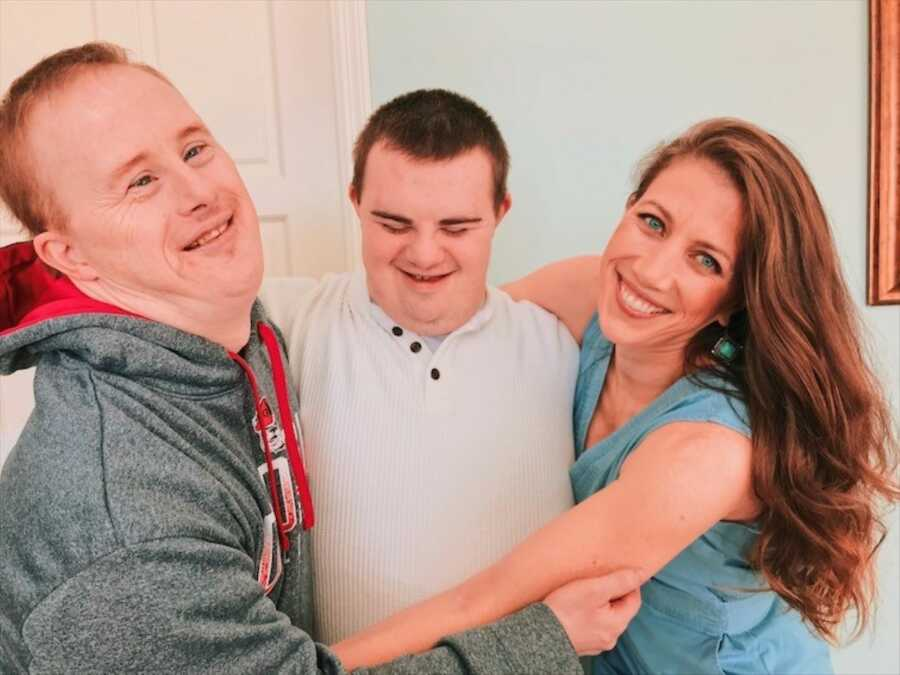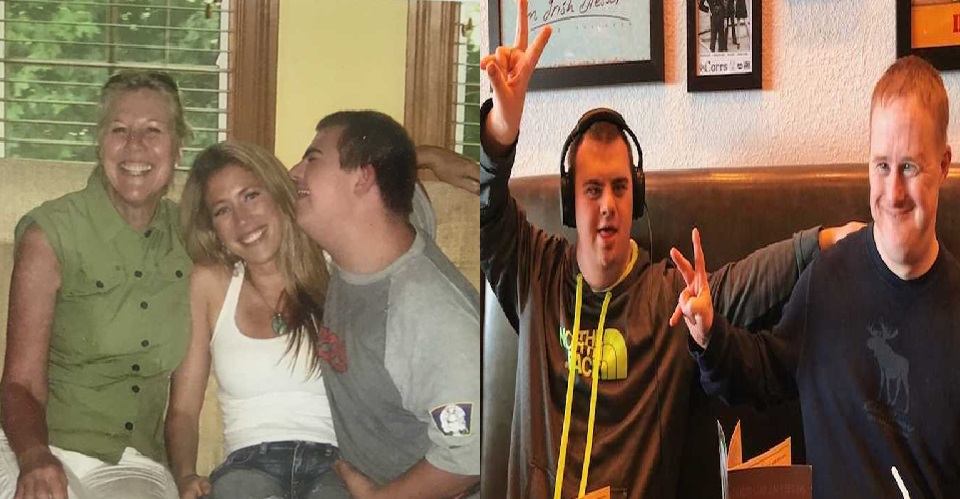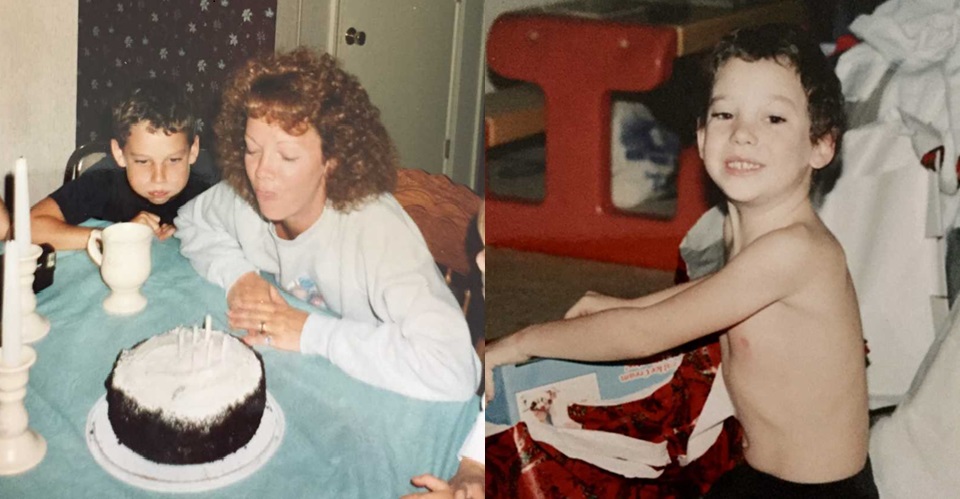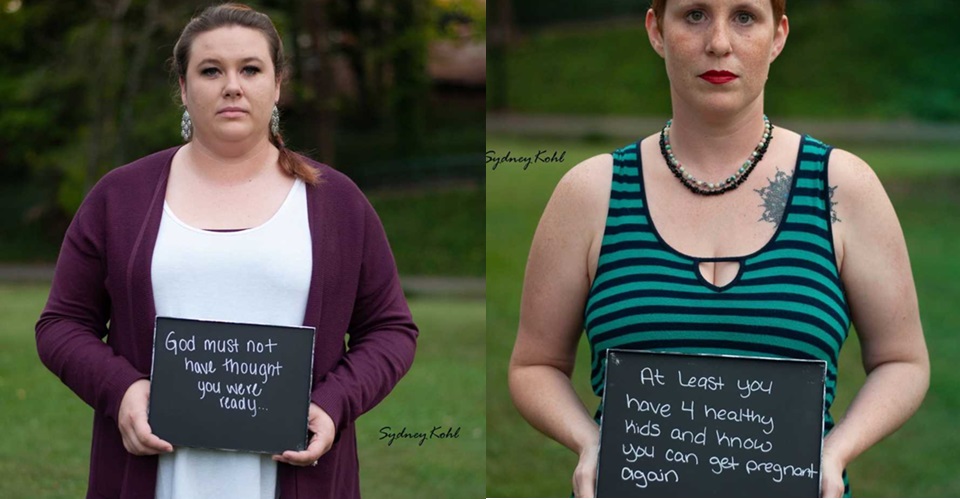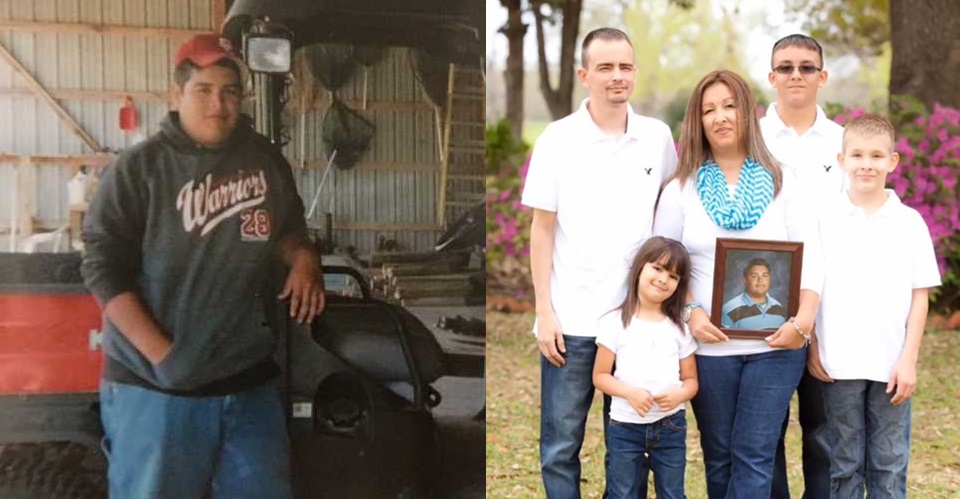Having two brothers with Down syndrome was never the burden some outsiders imagined. In fact, for one sister, it became the very thing that taught her to live bigger, laugh louder, and love with no hesitation. Her parents were barely adults when their first son, Scotty, was born. At only 20 and 21, they were handed a choice no parent should face. Doctors suggested institutionalizing him, even offering the option of taking him home for a few years before giving him up. But the idea of leaving the hospital without their first baby, no matter how different, was impossible. Youthful naivety can be a gift; in their case, it gave them the courage to face an unfamiliar road with open arms.
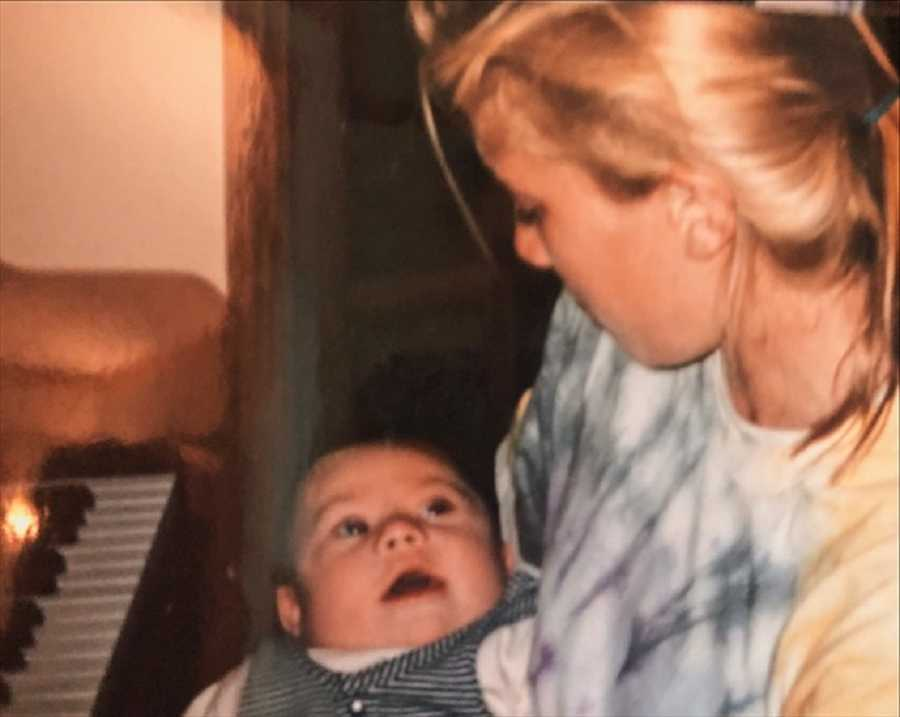
For years, the sister didn’t fully understand why Scotty stood out. Childhood can shield children from differences until the outside world forces them to notice. Around age eight, whispers started at basketball practices. Some kids asked cruel questions, and others used words that stung deeply. She remembers the shame of those moments, when her skin felt too uncomfortable to live in. She sometimes even begged her parents to leave Scotty at home, just so the teasing would stop. Yet as she grew older, her perspective shifted. She noticed how Scotty carried joy, and kindness radiated from him. Slowly, shame melted into pride. What once embarrassed her became the very thing that shaped her compassion.
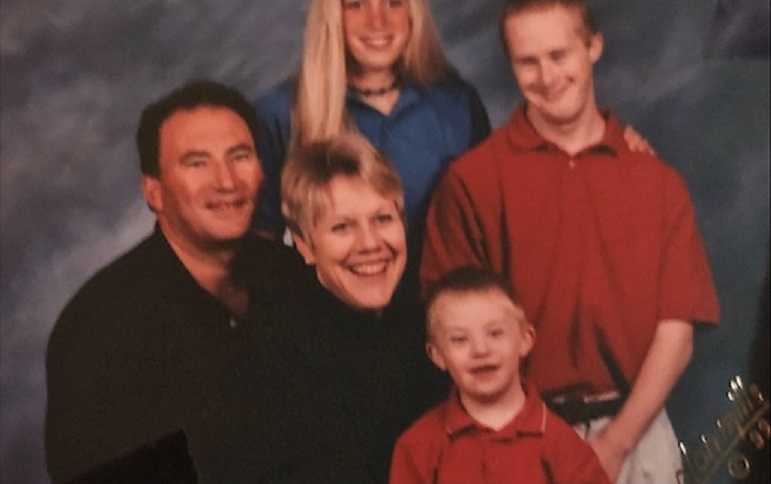
Years later, life surprised the family again. At fourteen, she learned she would have another baby brother, Jordan, and he, too, would have Down syndrome. This time, her mother struggled. Tears filled the following year, not out of a lack of love, but from fear. She worried her daughters would spend their lives caring for their brothers. She worried about the stares, the misunderstandings, the lifelong responsibility. But even with the fear, Jordan was welcomed with love, because the family already knew what a gift Scotty had been.
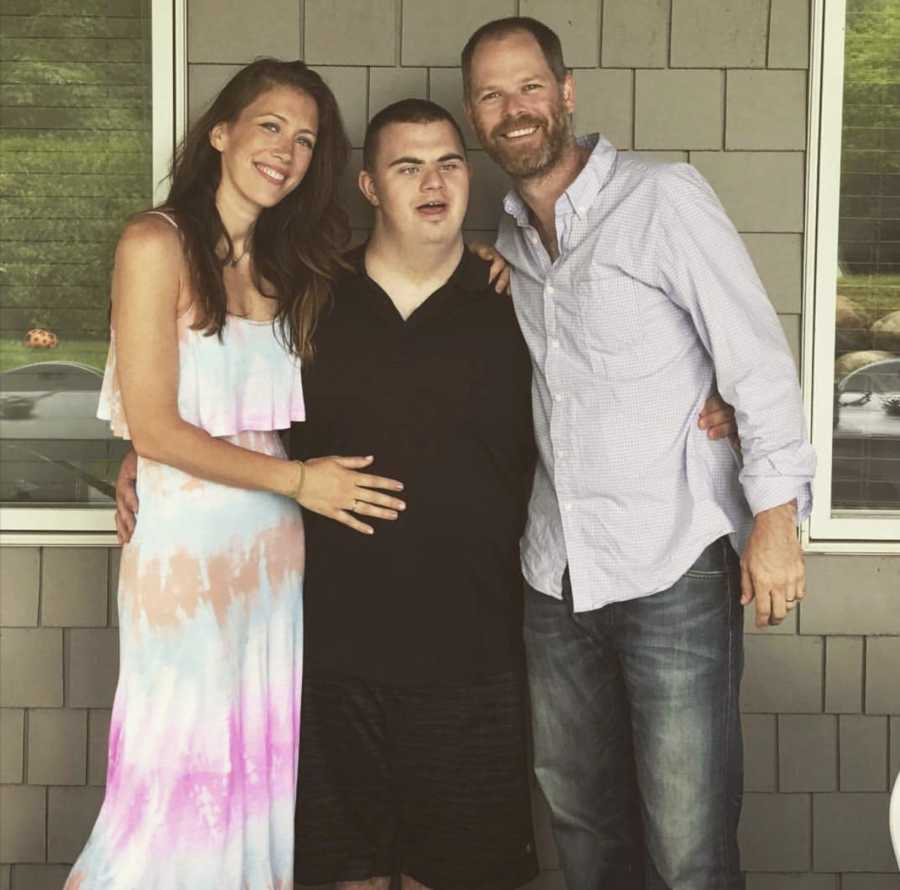
The boys became a familiar presence in their sister’s world. They came to her basketball games, strolled up the bleachers while classmates reached out to help, and cheered loudly even if they didn’t quite follow the game’s rules. At first, the teasing had cut her down. But over time, she learned to stand taller and embrace her differences, and others followed her lead. Compassion, she discovered, can be contagious.
Her brothers’ friends brought lessons of their own. Movie outings turned into adventures when one girl saw Tom Cruise on the screen, tore off her shirt, and sprinted down the aisle. Grocery trips ended in laughter when another filled a cart with candy and danced through the store. These moments were chaotic, yes, but they were also strangely holy. They broke through her pride, taught her humility, and reminded her that life’s most treasured memories often come wrapped in unpredictability.
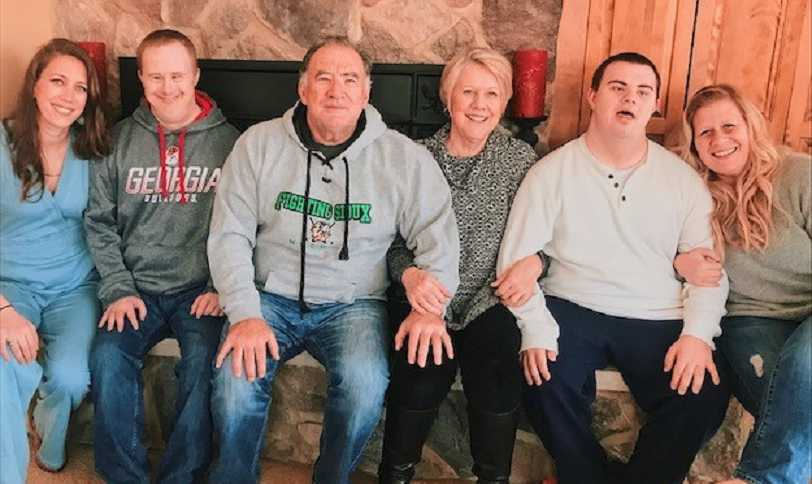
Scotty and Jordan became teachers in their own way. They showed that weakness is not shameful, that enthusiasm for small joys is worth more than polished perfection. They taught their sister to ask for help when she needed it, to see beauty in strangers’ kindness, to lean into compassion rather than judgment. Now, years later, their impact has reached even greater heights. Jordan graduated from high school and attends vocational school. Scotty talks with his dad daily about sports, finding joy in simple rituals. Both brothers are uncles to ten nieces and nephews, six belonging to their sister and four to their older sibling. The next generation is already learning what compassion looks like, not through lectures, but through lived example.
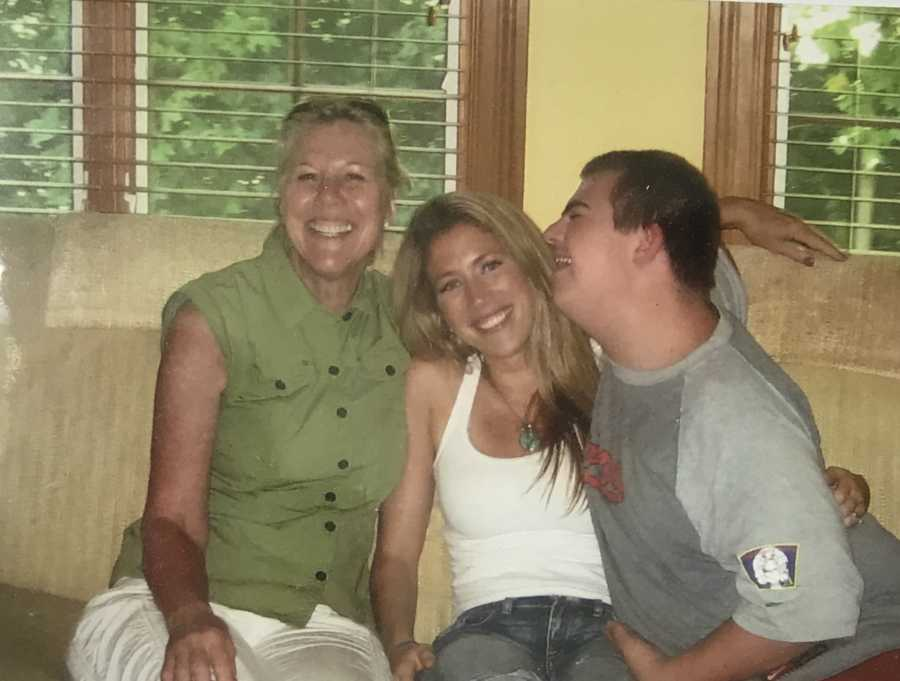
The sister often returns to a metaphor that comforts her. Raising a child with a disability, she says, is like planning a trip to Italy and landing in Holland instead. It isn’t what was expected. Dreams shift, losses are real, but Holland is not barren. It has tulips and windmills, art and beauty. It is different, slower, quieter, and full of unexpected gifts. And in Holland, she has found more love, laughter, and life lessons than she could have imagined.
